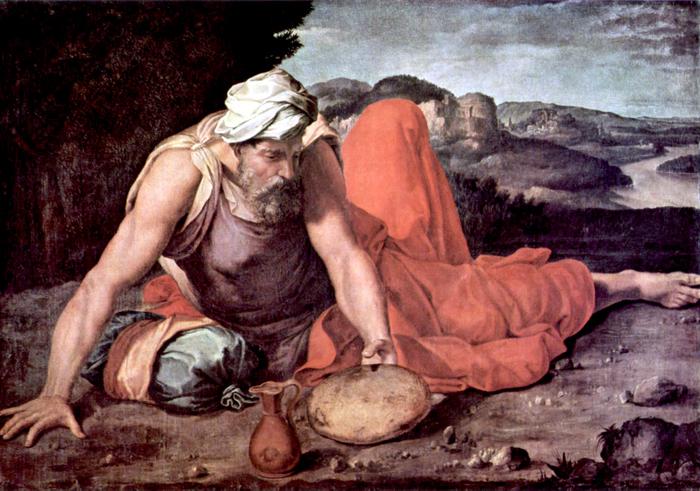It was King Solomon, the reputed writer of the book of Ecclesiastes, who observed that there was nothing new under the sun; and so there seems not to be. Perhaps more accurately, Mark Twain expressed it this way: “History doesn’t repeat itself, but it often rhymes.” Some sort of echo chamber exists whereby the events of the past repeat themselves in new guises. The guises conceal what the real issue (or issues) is about, usually by creating a new term or language that sounds exciting and fresh but really is as stale as old, moldy toast.
The only people likely to spot these strange reoccurrences are those who have studied one of a number of disciplines: namely history, mythology, theology, literature, and a few others. In general, these disciplines are what used to be called “the humanities.”






